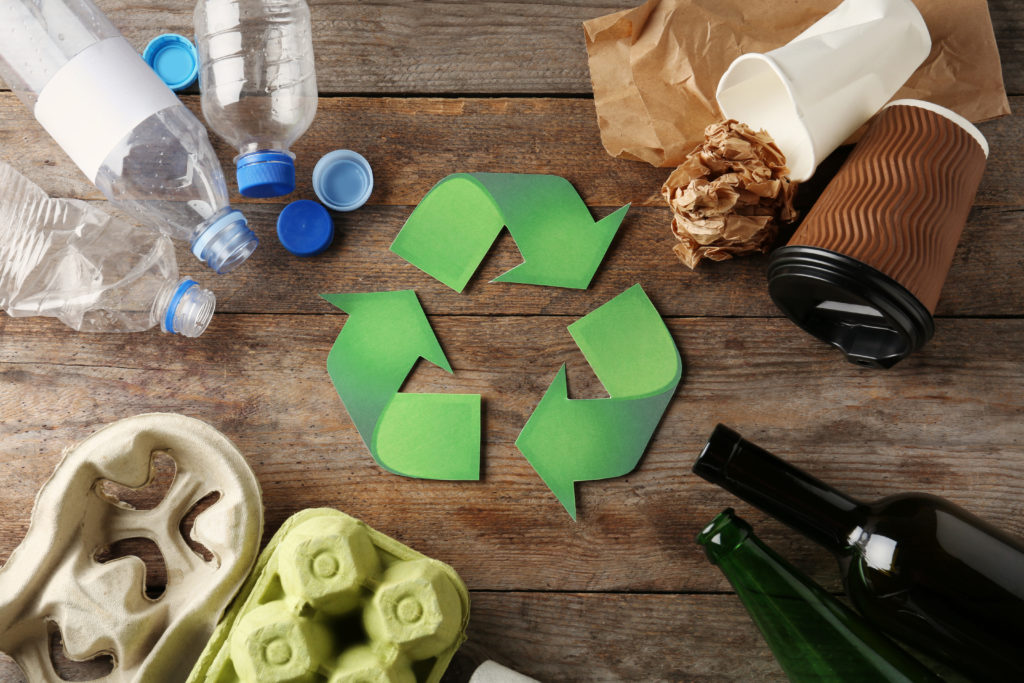By now, most of us are accustomed to the habit of dropping a plastic water bottle or food container into a recycling bin instead of a trash can. But as we observe Global Recycling Day, it is worth remembering that our individual recycling efforts are merely the tip of the sustainability iceberg. To make a lasting and world-changing difference, global businesses must take big steps to reduce their waste, consume less energy and water, and decrease their carbon footprint. Fortunately, some of the world’s top retailers and logistics companies are leading the way by creating reusable packaging and shipping platforms.
According to the Environmental Protection Agency, discarded packaging makes up the majority of our municipal solid waste stream — more than 80 million tons per year. Nearly half of it is not recycled, and tens of millions of tons of packaging waste end up in landfills. Millions of tons are also incinerated, which contributes to energy consumption and harmful carbon emissions.
Costco, the multinational membership-club retailer, introduced its Global Packaging Plan in 2019. It includes strategies to reduce the overall amount of packaging; to increase the use of recycled content and certified fiber; to increase the recyclability and compostability of all packaging; and to educate and learn from its employers, suppliers, and members about the importance of sustainable packaging. We at iGPS are proud that our plastic pallet system is referenced by name in Costco’s packaging implementation plan — more about our pallets later.
Kroger, the largest supermarket company in the United States by revenue, has also made sustainable packaging a core focus of what it calls its “zero waste vision.” Over the past several years, the company has consistently met or exceeded goals to divert waste from landfills and integrate new reusable packaging strategies into its supply chain to reduce waste.
Another retail leader, Walmart, is also playing a key role in these efforts. With the 2017 launch of Project Gigaton — an initiative to remove one billion metric tons of greenhouse emissions from their global supply chain by 2030 — Walmart made recycling and sustainable packaging key priorities for their business. As part of this initiative, they have challenged their suppliers to design their packaging for 100 percent recyclability by 2025.
Reusable packaging is not only better for the planet; it’s also better for the bottom line. As noted by our partners at the Reusable Packaging Association, the energy required to manufacture reusable packaging is up to 64% lower than that needed to make their non-recyclable counterparts. And reusable packaging typically offers superior protection for products. To cite just one of many examples, Costco estimates that the use of reusable packaging saves 9 million eggs every year, while their lighter weight means that 50% more cartons can be packed on a truck, saving fuel, time, and money.
Here at iGPS, we are doing our part. The innovative, reusable iGPS plastic pallet is 100 percent recyclable, more durable and long-lasting than wood pallets, and its lighter weight means that fewer greenhouse emissions are produced during transport. Check out our greenhouse gas calculator to see how much is saved. Additionally, the absence of nails and splinters makes our pallets safer for workers, machinery, and the products we transport. It’s no wonder that Costco has committed to transitioning its entire supply chain to plastic pallets this year.
Reusable transport packaging such as iGPS pallets can help you incorporate sustainability in your supply chain. To learn more about our 100% recyclable shipping platforms, give our team a call at 1-866-556-8611, email a specialist at switch@igps.net, or visit our contact page.



